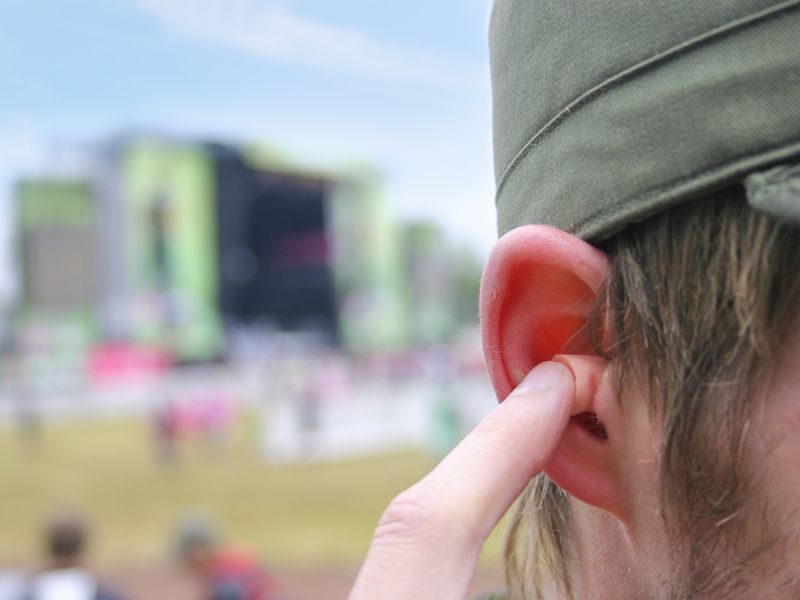
Earplugs can be beneficial if you’re subjected to loud noises, such as, something as simple as a spouse who is snoring, or a lawnmower in your backyard, or going to a concert at an arena. Bringing down the volume is the way earplugs can help in the first two situations. In the last circumstances, they lower the decibels plus help save your sanity (and possibly your marriage) by letting you get a good night’s sleep. But are your ears being harmed by these protectors?
Why Use Earplugs at All?
It’s a fairly simple argument for using earplugs: When used properly, earplugs can minimize your exposure to extreme sound levels and thereby safeguard your hearing. When you leave a loud place, say a football game where the announcer keeps telling the crowd to, GET LOUD, when the other team kicks off, you’ve most likely observed that your hearing seems off, and you may also experience symptoms of tinnitus. This occurs because those super-loud sounds actually bend the little hair cells inside your inner ear. In a day or two, when the hairs have recovered, it generally goes away.
But in a number of situations, there is a constant assault on those tiny hairs, especially if you work in a noisy industry like the music business or around jet planes. Instead of bending and then recovering, the cells are damaged permanently. Inside each cochlea, you have approximately 16,000 of these little hair cells, but up to 50% of them can be damaged or ruined before your hearing has changed enough for the problem to show up in a hearing exam.
How Might Your Ears be Injured by Using Earplugs?
With all that, you’d think that using earplugs would be a no-brainer in terms of protecting your hearing. But particularly if you’re in scenarios where you’re subjected to loud noises regularly (like on the job or with the above mentioned snoring spouse), over-the-head earmuffs or noise-reducing (but not completely stopping) headphones are a better choice. Earplugs are better applicable to one-off situations such as a sporting event or concert than for day to day use.
Why? For one, earwax. Your ears generate wax to defend themselves, and if you’re always using earplugs, they’re going to make more of it, and the earplugs will jam it in further. This can result in problems like impacted earwax, which can cause tinnitus and other hearing disorders.
An ear infection can also be the outcome from too much use of earplugs. They can become bacteria traps if you use the same pair without proper cleaning and disinfecting. Ear infections are, at a minimum, a painful inconvenience. But at the negative end of the spectrum, they can also result in a loss of hearing if left untreated.
How Can You Use Earplugs Safely?
Earplugs still have a strong benefit, whether it’s protecting your hearing or getting a good night’s sleep. Using them in the proper way and using the most appropriate kind is the key to success. The porous material of foam earplugs is a germ sanctuary so it’s a good thing they are the least expensive. Don’t put silicone or wax earplugs back in until they are totally dry after utilizing warm water to completely clean them. It’s also a good plan to store earplugs in a ventilated place to prevent moisture, or worse, mold or bacteria, from building up.
If you want or need to wear earplugs regularly, you might want to consult us about getting custom-made earplugs. They are comfortable because they’re made from molds of your ears and they’re reusable. But it’s essential not to forget, smart earplug hygiene can prevent hearing impairment.